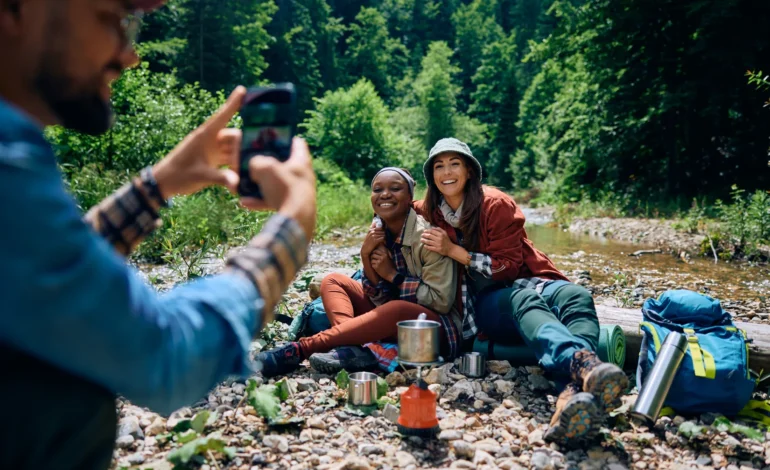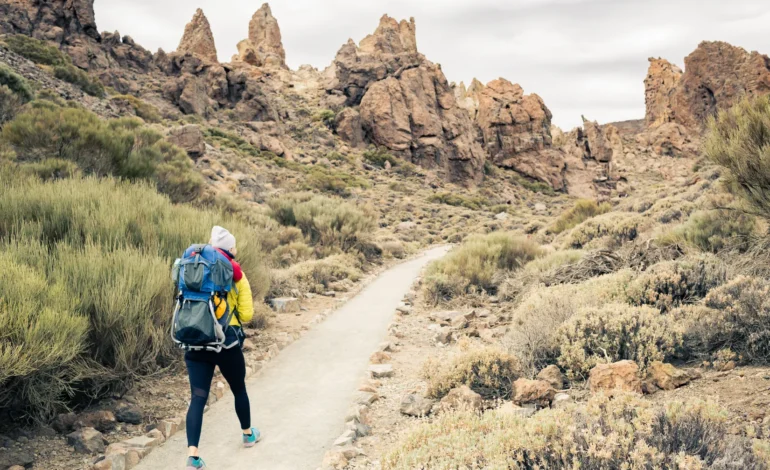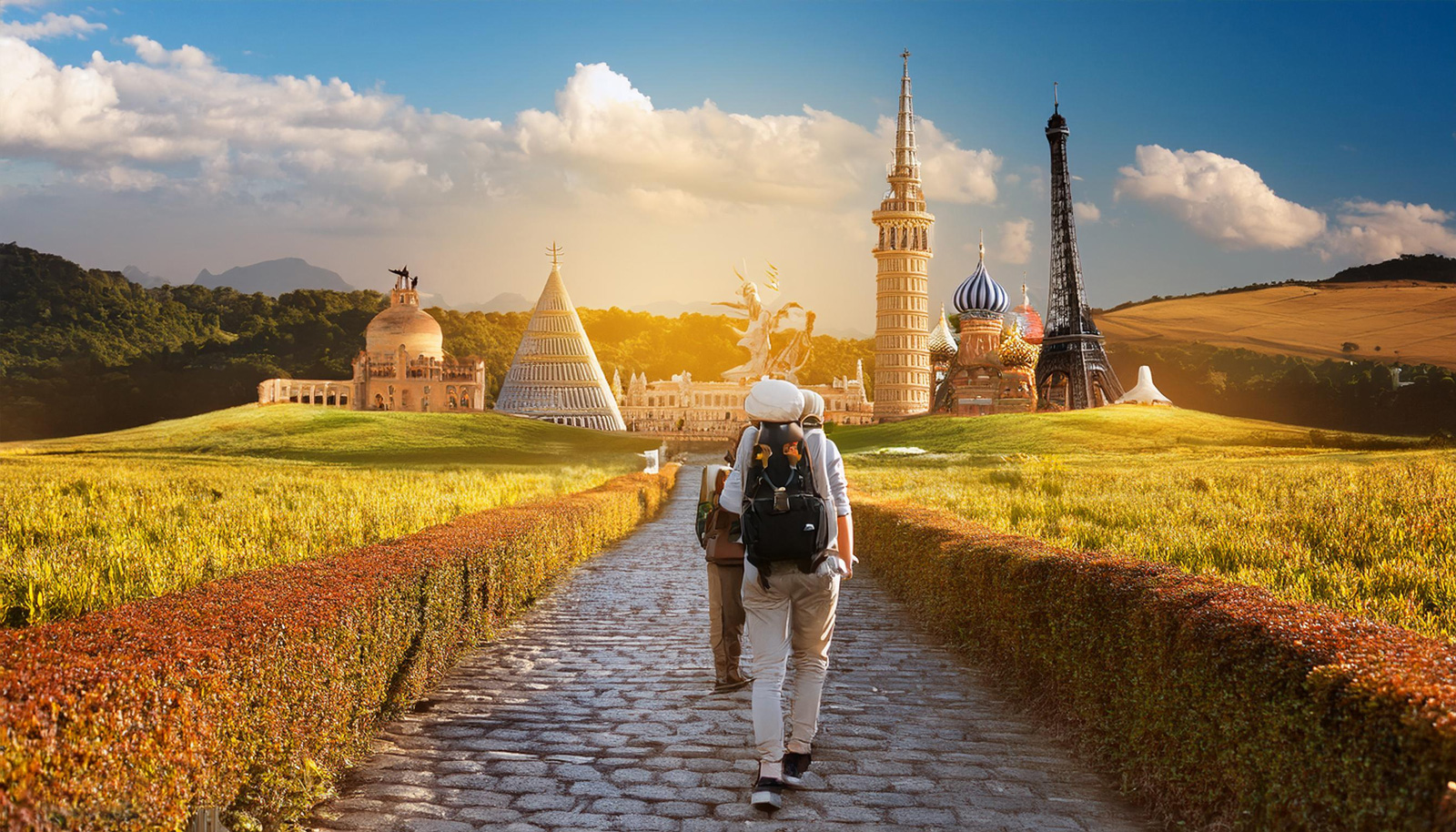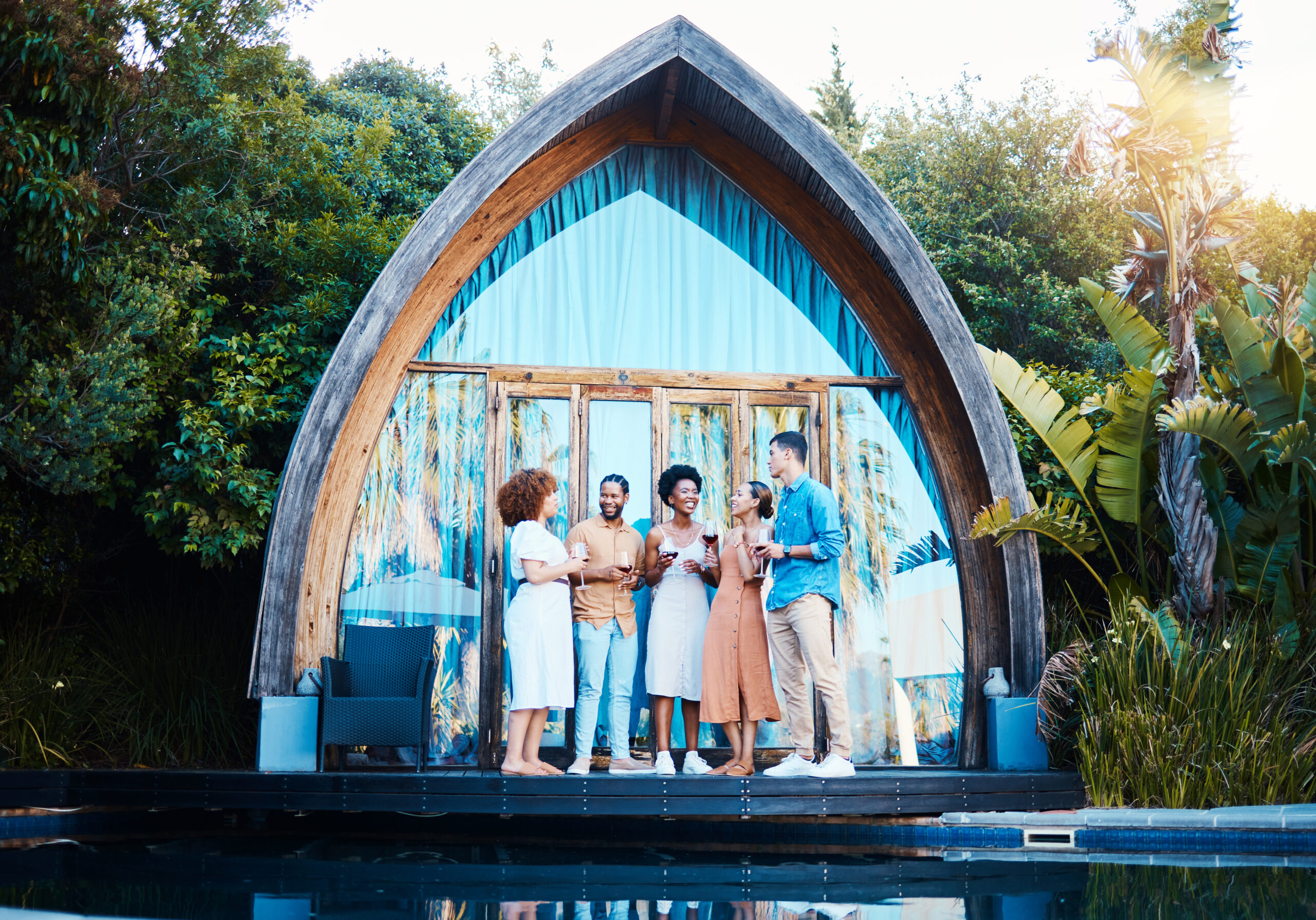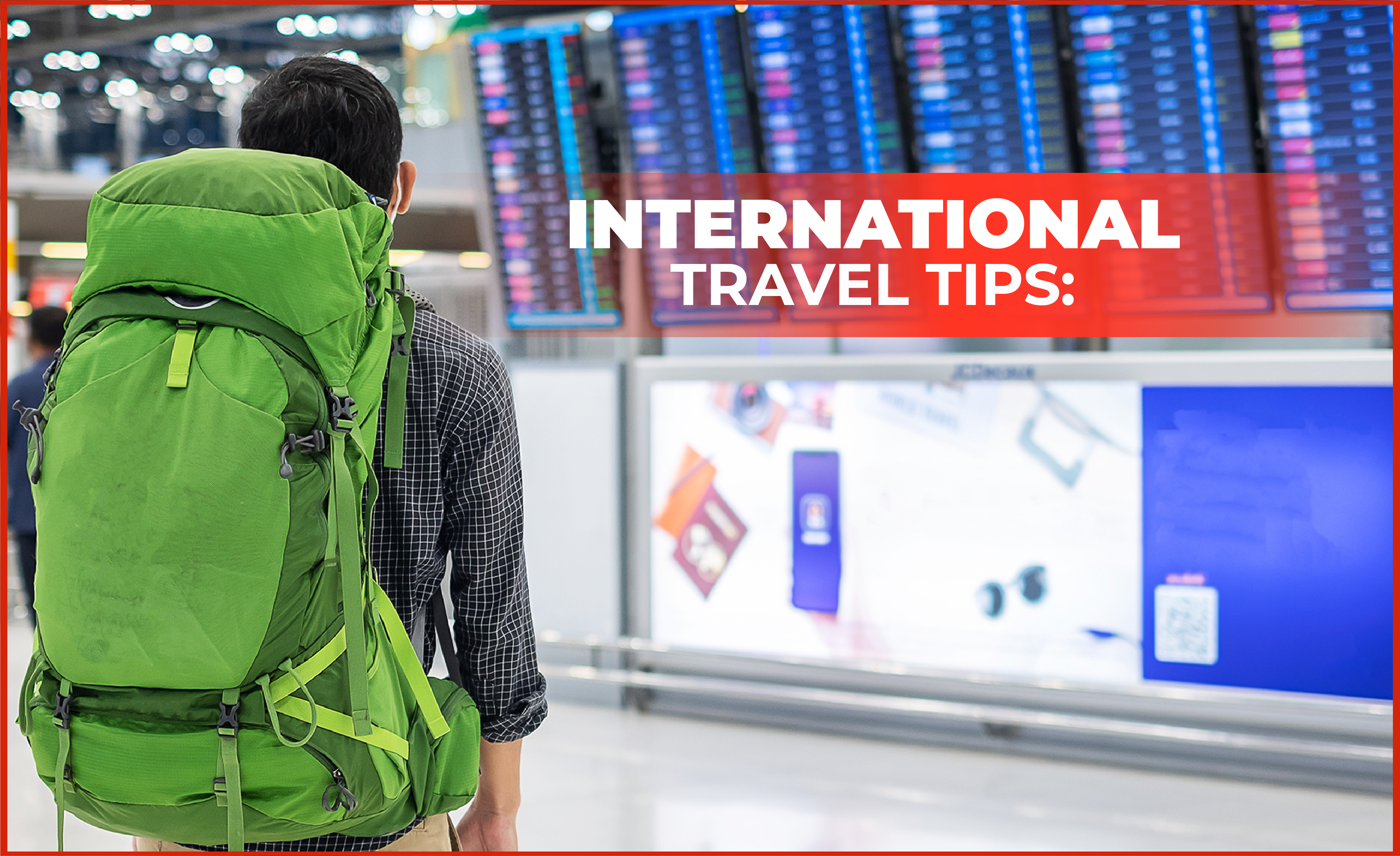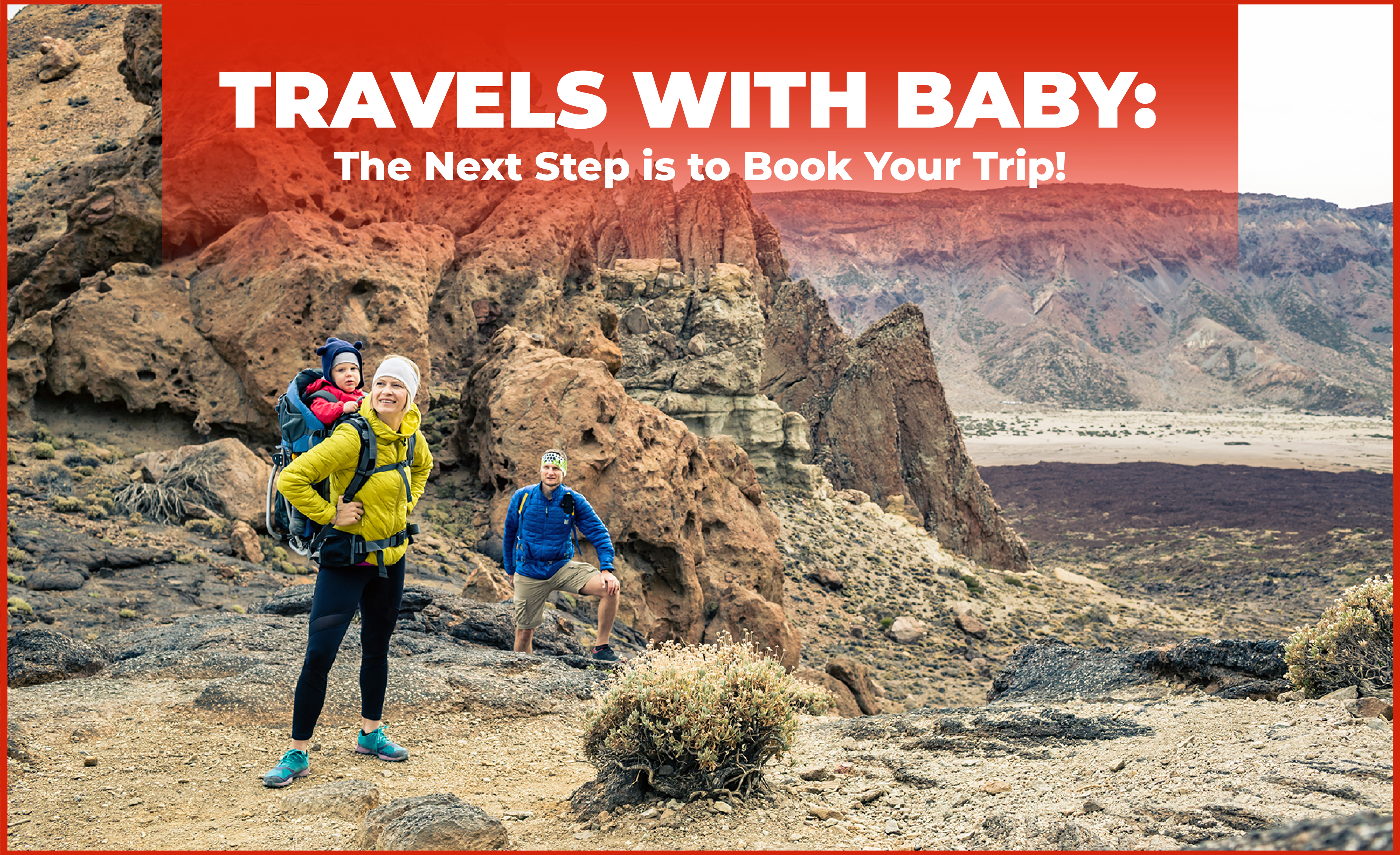Defence of Yourself and Property: Essential Security holiday travel safety tips
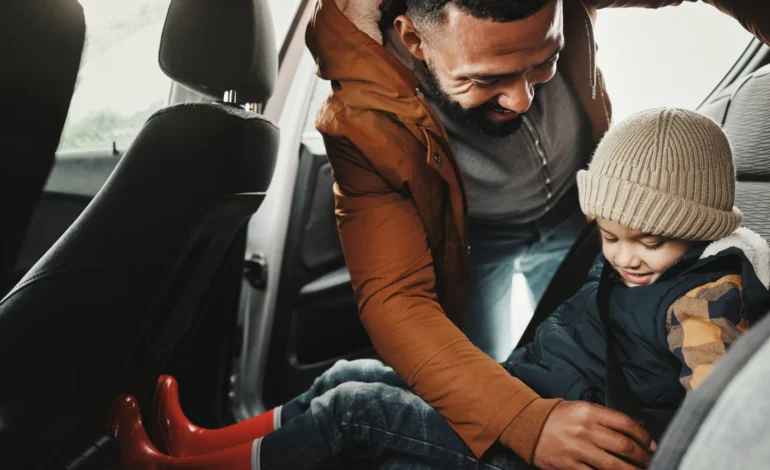
Introduction
Ensure you have a worry-free vacation by following these vital safety precautions to safeguard yourself and your holiday travel safety tips. Obtain the guidance and insights of professionals to ensure the safety and security of your trips.
Making preparations in advance is your first line of defence.
It is essential to make preparations to ensure the safety of vacation travel. The first step is to do extensive research on your location. Examine the safety of the neighbourhoods, the traditions of the locals, and any current security concerns that have arisen. As a first step in protecting yourself and your belongings, essential security tips for holiday travellers begin with being aware of the environment you will be entering.
Safeguarding Your Identity While Securing Your Documents for Protection
During your time away from home, your identity and travel papers are your most important possessions. Photocopies or digital backups should be made, and you should check that they are current. Keep these documents in a different location from the originals, and if you want that extra layer of safety, think about utilizing a travel document organizer. It is important to remember that securing your identity is a component of the essential security tips for holiday travellers about protecting yourself and your belongings.
Smart Packing, Smarter Travel to Ensure the Safety of Your Baggage
Pack carefully to ensure the safety of your valuables. Invest in high-quality suitcase locks, and while travelling by aeroplane, think about utilizing locks certified by the Transportation Security Administration. Take care not to overpack valuables, and maintain a list of everything in your baggage if lost or stolen. Protecting Yourself and Your Belongings: Essential Security Tips for Holiday Travelers implies packing in a way that will allow you to go to your destination without experiencing any worry.
Obtaining Accommodations and Making Certain That Stays Are Safe
Make the safety of your accommodations a top priority when booking. Research hotels with adequate security measures, such as surveillance cameras and secure rooms, is important. Always utilize the room safe to store valuables once you have checked in, and ensure your room key is kept safe. Ensuring that your lodging is a secure haven is an important part of the essential security tips for vacation travellers included in the book “Protecting Yourself and Your Belongings.”
The Protection of Your Online Presence Through the Use of Public Wi-Fi
When it comes to convenience, public Wi-Fi might be dangerous. Take precautions to avoid accessing sensitive information or doing business on networks that are not secure. Use a virtual private network (VPN) to increase security and encryption. One of the most important aspects of Protecting Yourself and Your Belongings: Essential Security Tips for Holiday Travelers is the need to exercise caution while engaging in activities that take place online.
Preparedness for Emergencies involves being ready for the unexpected.
You should be ready for any disaster by being familiar with the local emergency numbers and having a backup plan. Always have a basic first aid kit with you, and maintain your emergency contacts close at hand. The importance of being ready for unanticipated circumstances cannot be overstated when it comes to Protecting Yourself and Your Belongings: Essential Security Tips for Holiday Travelers.
Staying Aware of Your Surroundings
One important thing you can do to stay safe while moving is to be alert and aware of your surroundings. When there are a lot of people around, you should always pay attention to them. Follow your gut; if something doesn’t feel right, leave the setting. If you don’t want to stand out as a stranger, try to fit in with the people.
Establishing a Communication Plan
Make a clear plan for how you will talk to family or friends before you leave on your trip. Set check-in times to let them know where you are at all times. This gives you peace of mind and makes sure that someone knows where you’re going in case of an emergency.
Adapting to Local Customs and Laws
The rules and habits of each place you visit may be very different from those in your home country. Understanding the rules and following cultural norms can help you stay out of trouble with the law and avoid confusion. Knowing what is appropriate behaviour will help make the experience safer and more fun.
Emergency Contacts and Local Resources
Make a list of people to call in case of an emergency. This list should include local officials, hospitals, and the office or mission of your country. Keep this information on your phone or in a trip document binder where it’s easy to find. When you’re travelling, it’s important to know where to get help in case of an emergency.
Utilising Travel Insurance for Added Protection
Getting travel insurance can give you peace of mind in case of an emergency or health problem while you’re away. Look at several plans to find one that covers what you need, such as medical situations, trip delays, and lost things. Travellers should always have extra money on hand in case something unexpected happens.
Travel Security Tips for Solo Travelers
It can be fun and beneficial to travel alone, but you need to be extra careful. Always let someone know about your daily tasks and trip plans, and don’t give out too much personal information to people you don’t know. Think about staying in hotels or other places that cater to solo tourists. They often offer more community and safety.
Understanding Transportation Safety Measures
Learn about the types of transportation that are offered at your location, as well as how safe they are. Use cab services or ride-sharing apps that you can trust, and always make sure the driver is who they say they are before getting in. When you’re on public transportation, be careful and keep your things close to you to lower your risk of theft.
Keeping Your Valuables Close
It is important to keep your goods close by while you are moving. This includes IDs and electronics. You could wear a money belt or a bag around your neck. Making sure that your important things are firmly attached to you lowers the chances that you will lose them or have them stolen.
Emergency Preparedness in a Foreign Land
Being much safer can be greatly increased by knowing what to do in an emergency. Take part in local safety lessons if they’re offered, and follow any special instructions your housing gives you. Also, know what hospitals and offices are close and how to get help the best way possible if you need it.

